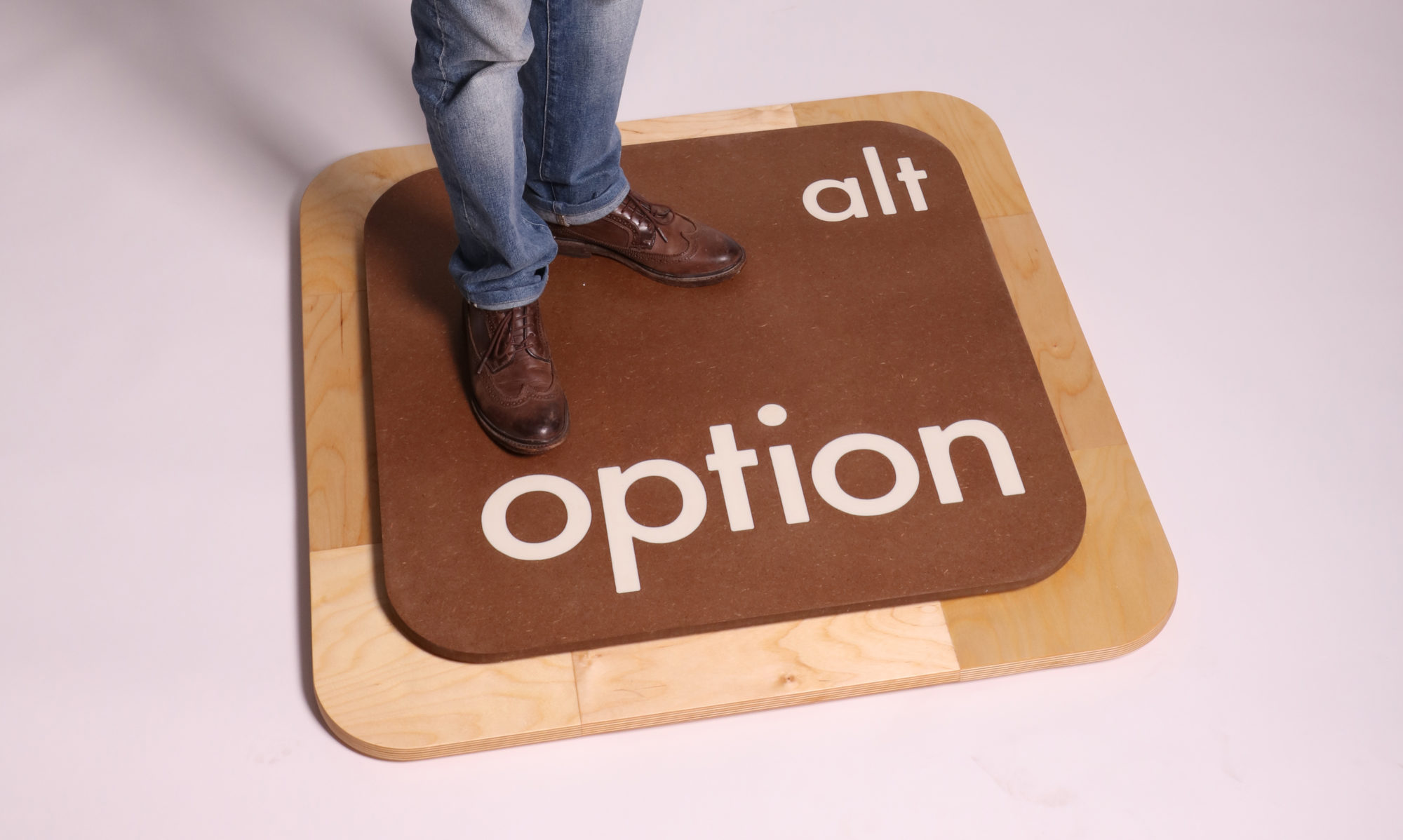1. “Walk in Their Shoes”
- Concept: This narrative-driven role-playing game invites players to experience a day in the life of a character facing unique challenges, such as someone from a different cultural background, a person with a disability, or a refugee.
- Gameplay: Players make choices that affect their character’s day-to-day experiences, navigating obstacles like social misunderstandings, discrimination, or physical challenges. The game would highlight the emotional and practical struggles these characters face, aiming to foster empathy by showing the world from their perspective.
- Objective: By engaging with these experiences, players gain insights into the complexities of different lives and the emotional weight carried by those in marginalized situations.
2. “Perspective Shift”
- Concept: In this cooperative game, players control two characters—each from opposing sides of a conflict or disagreement (e.g., two people in a tense relationship or people from different cultural or political backgrounds).
- Gameplay: Players must solve puzzles, overcome obstacles, and collaborate while switching between the two characters, forcing them to see the world from the other’s point of view. Each character has unique strengths, weaknesses, and biases. Players must communicate and work together to solve problems, realizing that empathy is key to overcoming conflict.
- Objective: The goal is to reach mutual understanding and collaboration, encouraging players to embrace the challenges of seeing and appreciating the perspectives of others in order to resolve conflicts peacefully.
3. “Emotion Cards”
- Concept: A card-based game where players take turns drawing cards that represent emotional scenarios (e.g., a person who has just received bad news, a child who is trying to make friends, someone experiencing a great success). The other players must guess the emotional state of the character based on limited clues.
- Gameplay: Players engage in conversations about the scenarios, interpreting body language, tone of voice, and written clues. The game encourages reflection and discussion about how emotions shape behavior and interactions.
- Objective: The goal is to identify emotions correctly, but also to understand the complexity of those emotions and why people act the way they do, promoting empathy in understanding human feelings.
4. “The Giving Game”
- Concept: This cooperative, story-driven game focuses on players working together to help people in their community or environment. The game revolves around different scenarios where characters face emotional or material hardship (e.g., a friend in need of support, a neighbor facing loneliness, a colleague dealing with stress).
- Gameplay: Players are tasked with finding ways to give help—whether through time, understanding, or resources—and must navigate the consequences of their decisions. The game includes challenges like time management, emotional intelligence, and resource allocation, all while keeping the needs of others in mind.
- Objective: The game encourages players to think about how empathy and selfless actions affect relationships and communities. The aim is not just to help but to truly understand the other person’s needs and offer thoughtful support.
5. “Empathy Quest”
- Concept: A quest-style adventure game where players must embark on a journey to help others, each representing different walks of life. Along the way, players encounter individuals who need help with personal, emotional, or social issues, requiring players to listen, understand, and act thoughtfully to provide solutions.
- Gameplay: The game offers dialogue options, where players choose their responses, each revealing a different level of empathy. For example, players might need to choose whether to comfort someone, offer advice, or simply listen. These decisions will influence how the other characters view the player and whether they trust or feel supported.
- Objective: The goal is to build trust and relationships, with success tied to the player’s ability to understand others’ emotions, provide appropriate help, and make the world around them a better place through empathy.

I really like the Perspective Shift game idea. Based off a quick read through of it, it reminds me of Fireboy and Watergirl. I think that a game like this could be both fun and eye-opening
Omgggg… I used to play that game all the time. I didn’t even think of that comparison until now.
I hope it helps you with developing some potential rules and mechanics!
Thank you!
I agree with Amber that the perspective shift game sounds cool! Do you think it would be a web-based game? board game? One thing I think I would want is a tangible ending other than peace but that might be contradicting the metaphor.
I see it mostly as a mobile game but making it like a split screen in a snese so that it shows both perspectives at one time. However, I may brainstorm an idea to also make it into a board game.
“Emotion Cards” seems like an interesting concept. I think that it could be useful in understanding how emotions can affect conversation and interaction.
I think it would make people think again about what the say and how it may effect other.